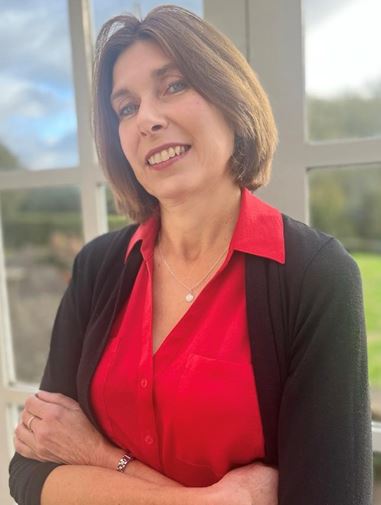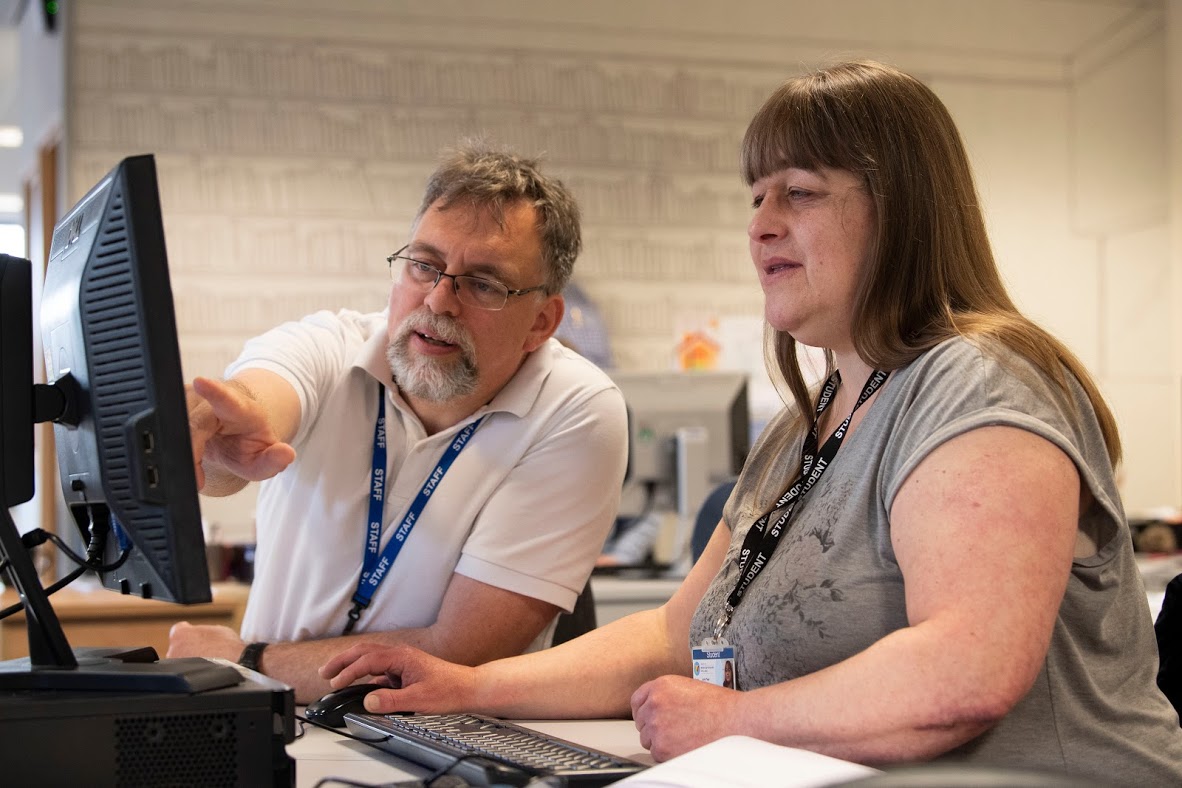My QTLS experience: Tracy Ashcroft
What inspired you to undertake Professional Formation leading to QTLS?
I’d done a PGCE course the year before I started the QTLS process and felt that while I was in that studying mode, I wanted to continue my development. I also thought it would be beneficial to opening up new teaching opportunities in the future and wanted to use the opportunity to become the best teacher that I can be. Holding QTLS proves that I've studied at that extra level which ultimately has a positive impact on my learners.

How did you find the process and what did you like about it?
I liked the fact that I could do it at the place that I was working. I really got on well with my mentor. He was a new mentor, so we got a grasp of the whole process together. I liked the fact that it made me reflect initially on where I felt my strengths and weaknesses were, and from that was very clear to me on where I needed to focus. It made me go and read research, watch webinars and chat to colleagues. I work in quite a big department which can become quite insular, so it was good for me to go and speak to and learn from other departments.
What has undertaking QTLS taught you about yourself and your teaching practice?
I think it taught me that I am quite conscientious and that I do things in depth. I've come to teaching at quite a late stage in life and have had other careers beforehand, so it also taught me that you’re never too old to learn.
I focused on peer assessment and formative assessment and, without a doubt, it impacted grades. After getting my learners to do their own self and peer assessment, from the spring to the summer term, most of them had gone up a grade.
What impact has QTLS had on your organisation and have you seen any changes since achieving QTLS?
One of the things I looked at during the process was about making relationships and connections with other professionals and vocational communities, and I think that has continued this year across the organisation. We really built up some good, strong relationships with the academics who are also professionals in our field, and I've built up a bank of other people who I can now call on to come and speak to my students. Now, if I speak to somebody and they tell me they’re a social worker, for example, I’ll ask them to come and speak to my students. My QTLS experience has made it more of a natural thing for me to start those conversations. In turn, it has helped with the careers department, so I do think it's had an impact on the organisation.
What are you going to do next and how will you continue to develop your practice?
I have tried to stick to the goals that I set myself during the QTLS process. I have helped my mentor, who's been involved in a project about building up the character strengths of our students. We found with COVID, things like communication skills and resilience are areas that we need to work on. So, we've been having monthly meetings about how we can incorporate that across the college to get those skills at the forefront of our teaching and the forefront of our students’ minds.
I’ve become a mental health first aider and have done various courses, including a two-day course about mental health. I've also taken a course on exam practice, which led on from the formative assessment learning I did as part of my QTLS. I definitely use technology more - I’ve brought more fun games into my lessons. It’s been quite a busy year!
What advice would you give to teachers and trainers who are thinking about undertaking QTLS this year?
Just do it because you will learn lots about yourself and your practice and it does have a big impact on your learners and your organisation. Don't be daunted. Yes, there is written work that needs to be done, but lots of what you do is just part of what you do daily as a teacher, and your practice will only improve from that reading that you do. I had several of those “a-ha” moments as I was reading, for example, I learnt that the students like playing the teacher and marking their exam papers.
You have a mentor to support you. We had lots of online meetings that we could dip in and out of and ask questions, and you can always email if you get stuck.
You can join social media communities about QTLS. We helped each other through, especially at that last bit of the process where you're trying to pull it all together. So, you're not on your own. And then you’ve got your QTLS forever!
Finally, do you have a fun fact about yourself?
I’m always up for trying new things. Last year I went on an adventure holiday, and I did a trapeze and a skydive.

CHECK YOUR ELIGIBILITY AND APPLY FOR QTLS QTLS - Professional Formation
QTLS is the badge of professionalism for post-14 education and training. It’s aimed at helping you advance your career and to demonstrate your expertise and experience to your colleagues, employers and learners.
QTLS

